Gout may signal raised prostate cancer risk
By naturopath Margaret Jasinska
New research has shown that patients with gout are 50% more likely to develop cancer, with prostate cancer being the most common type in men. According to Patricia Kachur, MD, of Ochsner Medical Center, Jefferson, Louisiana, “Although uric acid can function as a systemic antioxidant in low levels, studies have shown that increased levels of serum uric acid can contribute to inflammation that can lead to the development of cancer”.
Gout is the most common inflammatory disease in most western nations, and is diagnosed by the presence of hyperuricaemia (elevated uric acid in the blood). It is more common in men and tends to occur in overweight people or those suffering with high blood pressure or type 2 diabetes. The prevalence of gout is increasing in most parts of the world, so during the past few years there has been more research on its relationship to cancer.
A large survey was conducted by the CDC and the National Center for Health Statistics. It included 11,262 people, who were questioned between 2011 and 2014. Each participant completed a questionnaire, had a physical exam and blood tests. According to lead researcher Kachur, the results suggested that individuals with gout were 50 percent more likely to develop malignant cancer. Prostate cancer was the most common type of malignancy in patients with gout, followed by cervix, breast and colon. Analysis of the data also showed that patients with rheumatoid arthritis demonstrated an increased risk of cancer.
Inflammation and insulin resistance can both raise the risk of cancer. Gout is a typical manifestation of insulin resistance. People who experience gout have raised blood insulin levels and insulin is a growth promoting hormone. It can hasten the growth of lumps or bumps on the body such as tumours, fibroids, polyps, cysts, acne and nodules.
Insulin resistance is the most common cause of fatty liver and excess weight on the torso. It also goes by the names metabolic syndrome and pre-diabetes. Insulin resistance basically means that the hormone insulin, which is made by your pancreas has become less effective at controlling your blood sugar. Therefore your body produces more and more of it. This makes you prone to symptoms of unstable blood sugar, such as fatigue, sugar cravings and feeling unwell if you haven’t eaten for several hours. Insulin resistance reduces the ability of the body to excrete uric acid. This makes a person more prone to suffering a gout attack. Your doctor can order a blood test for you to check your uric acid level.
In most cases gout is fairly easy to prevent with a few simple diet changes. Back in the 80s, individuals with gout were told to avoid foods high in purines such as offal, sardines and herrings. Gout is incredibly common, and I don’t see many patients who eat a lot of these foods. We now know that sugar, excess carbohydrate, alcohol and caffeine are the real villains.
Inflammation is the way our body responds to injury. We can usually tell a part of our body is inflamed when it is red, hot, swollen and we can’t move it properly. Think of a stubbed toe or a sprained ankle. Inflammation is present in all ‘itis’ conditions, such as arthritis, hepatitis, bursitis, and many others. However, inflammation can also occur inside our body in a much more silent way, where we don’t even know it is happening. Fatigue and pain are classic indicators that there’s too much inflammation in your body. Inflammation can worsen any health problem you may have. It means there is raised oxidative damage, and wear and tear in your body. It increases the risk of cancer.
How to keep inflammation down
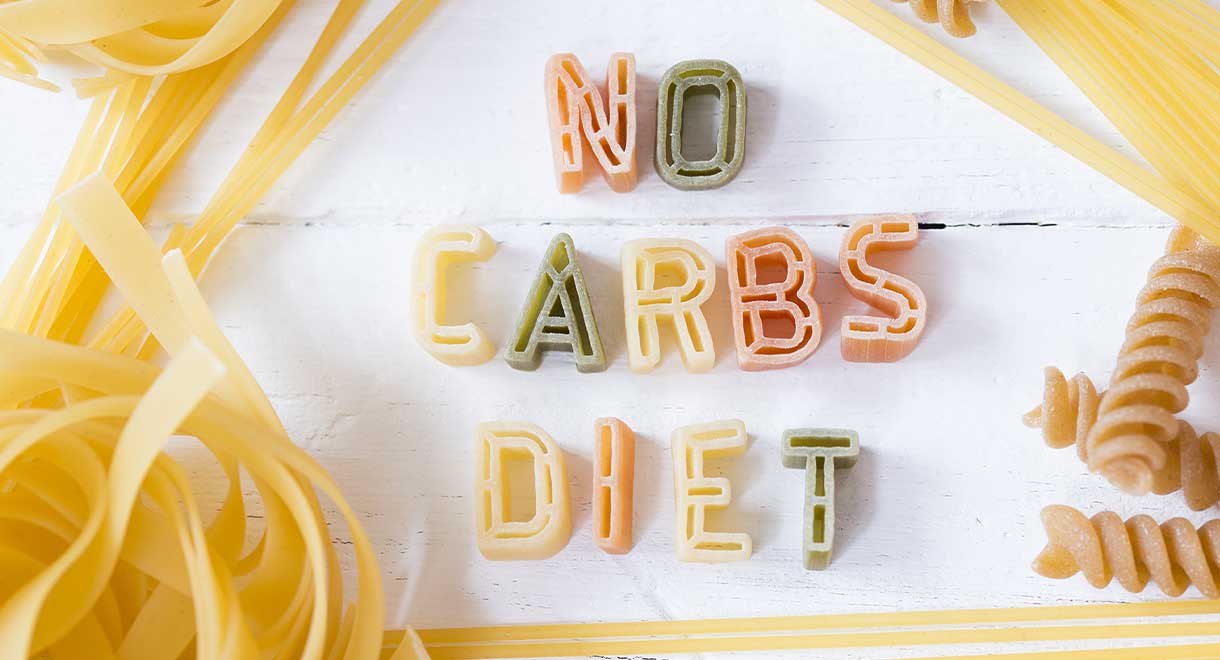

Keep your carbohydrate intake low
Many people cannot handle common levels of carbohydrate in their diet. They oversecrete insulin in response to eating carbs and they are less likely to feel satisfied after a meal, therefore tend to overeat. That means carbohydrate needs to be restricted in the diet. It is best to get your carbohydrate from vegetables, along with small amounts of fruit, nuts, and seeds. There are easy to follow low carbohydrate eating plans in the books, I Can’t Lose Weight and I Don’t Know Why and Diabetes Type 2, You Can Reverse It Naturally.
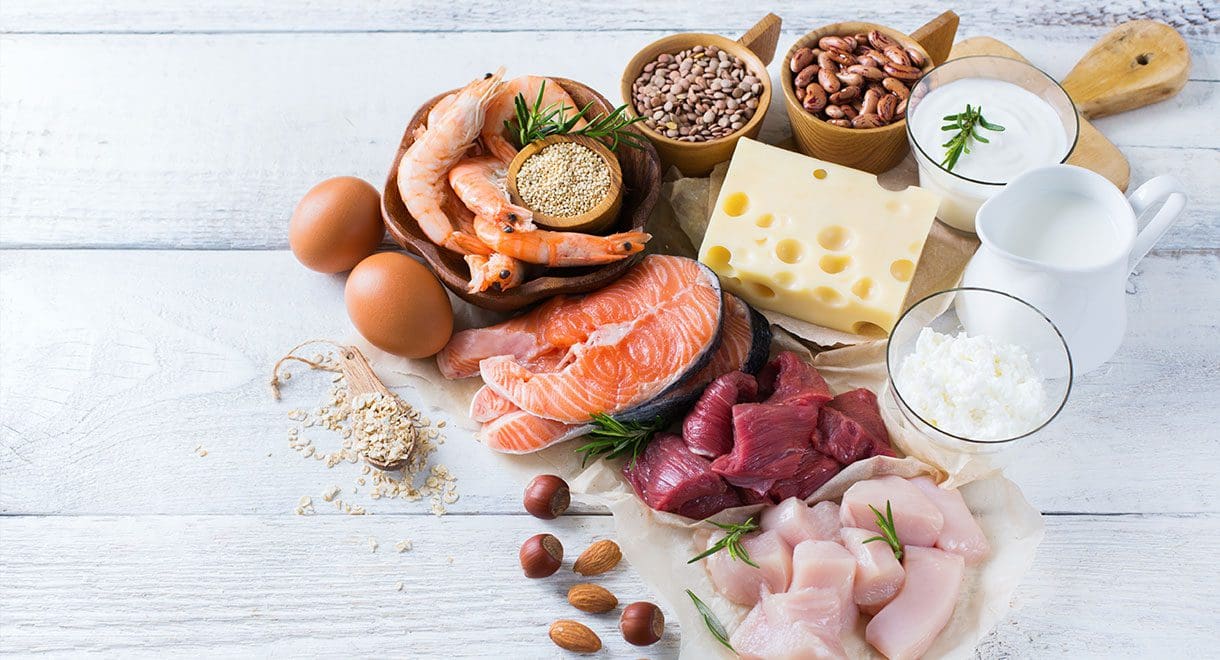

Consume enough protein
Protein is the most important nutrient for those wanting to reduce their blood insulin level. It is critical to eat protein at every meal because it is extremely satiating. It will help to make you feel more full and satisfied after a meal, and keep you feeling satisfied for longer. This way sticking to a healthy diet won’t be so much of a struggle. Examples of protein include eggs, seafood, poultry, and red meat. Dairy products, nuts, and seeds contain smaller levels of protein. Protein powders can be extremely helpful for those wanting to lose weight because they provide a quick, tasty and easy meal option for busy days. A protein powder smoothie can also make a delicious and filling snack mid-morning or in the afternoon, when you might be struggling with sugar cravings.
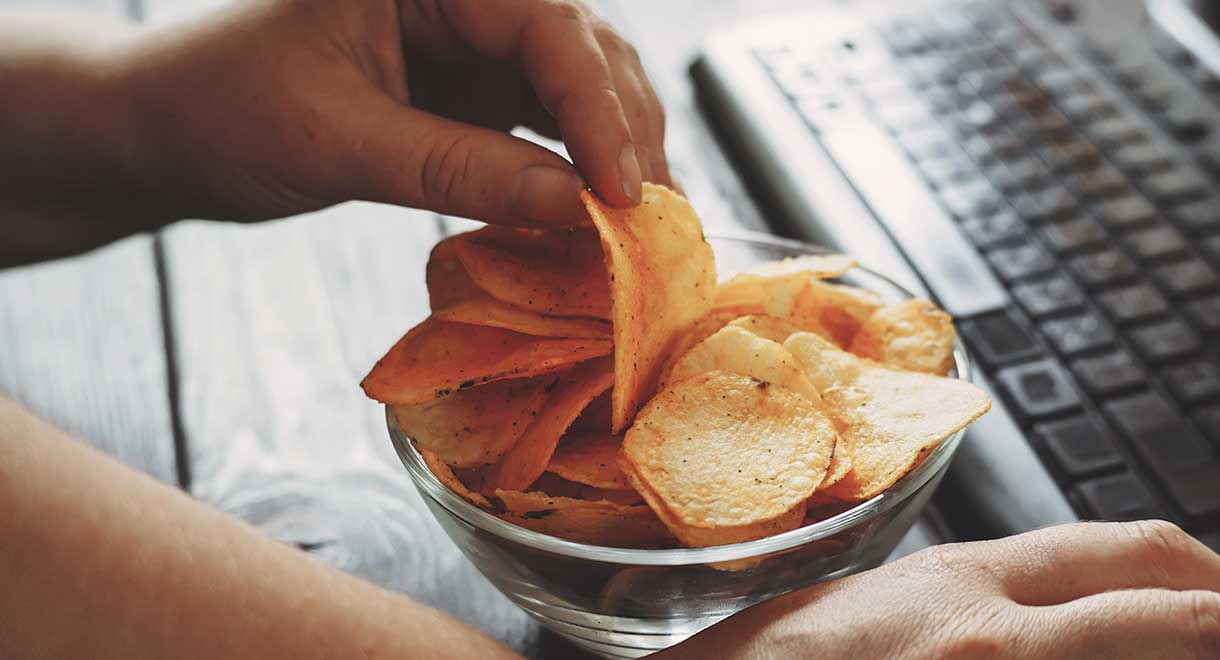

Avoid snacking
It is best to eat 3 meals and avoid snacking. Fasting helps to lower blood insulin levels and it has many other health benefits. Fasting isn’t appropriate for everyone though. Fasting between meals will give you similar benefits.
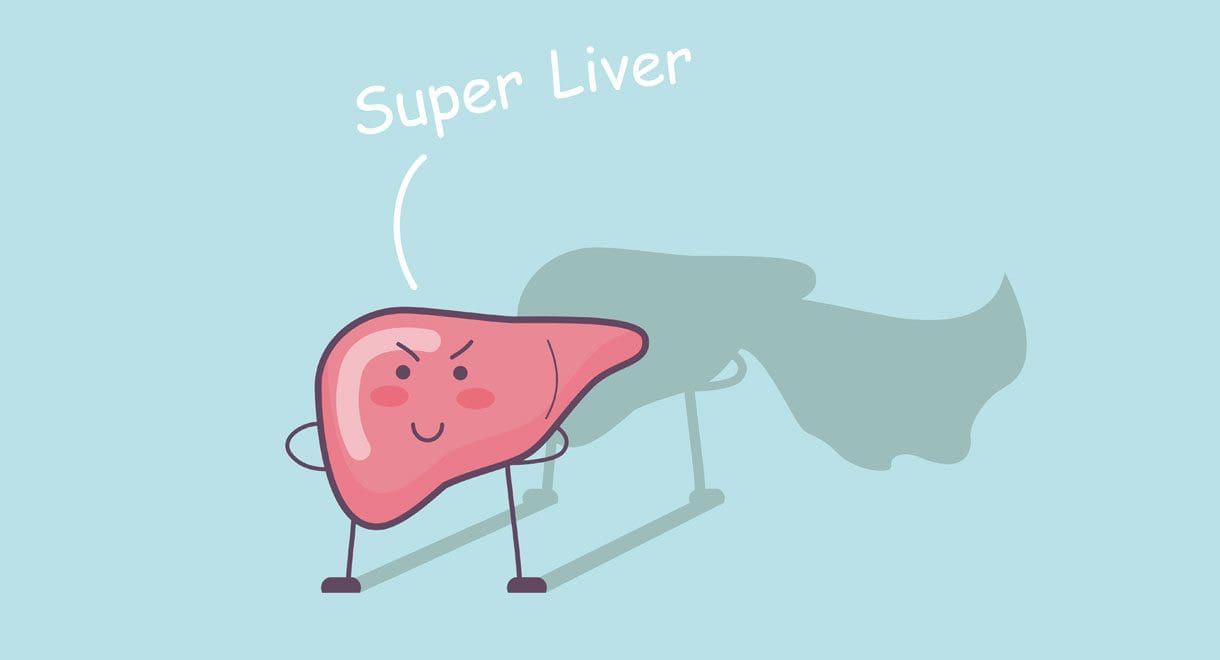

Improve the health of your liver
A healthy liver is very important for blood sugar and insulin control. If you have a fatty liver it usually means you are insulin resistant. Clearing the fat from your liver is essential but can be hard. The suggestions above should help, along with the information in the book Fatty Liver: You Can Reverse It.







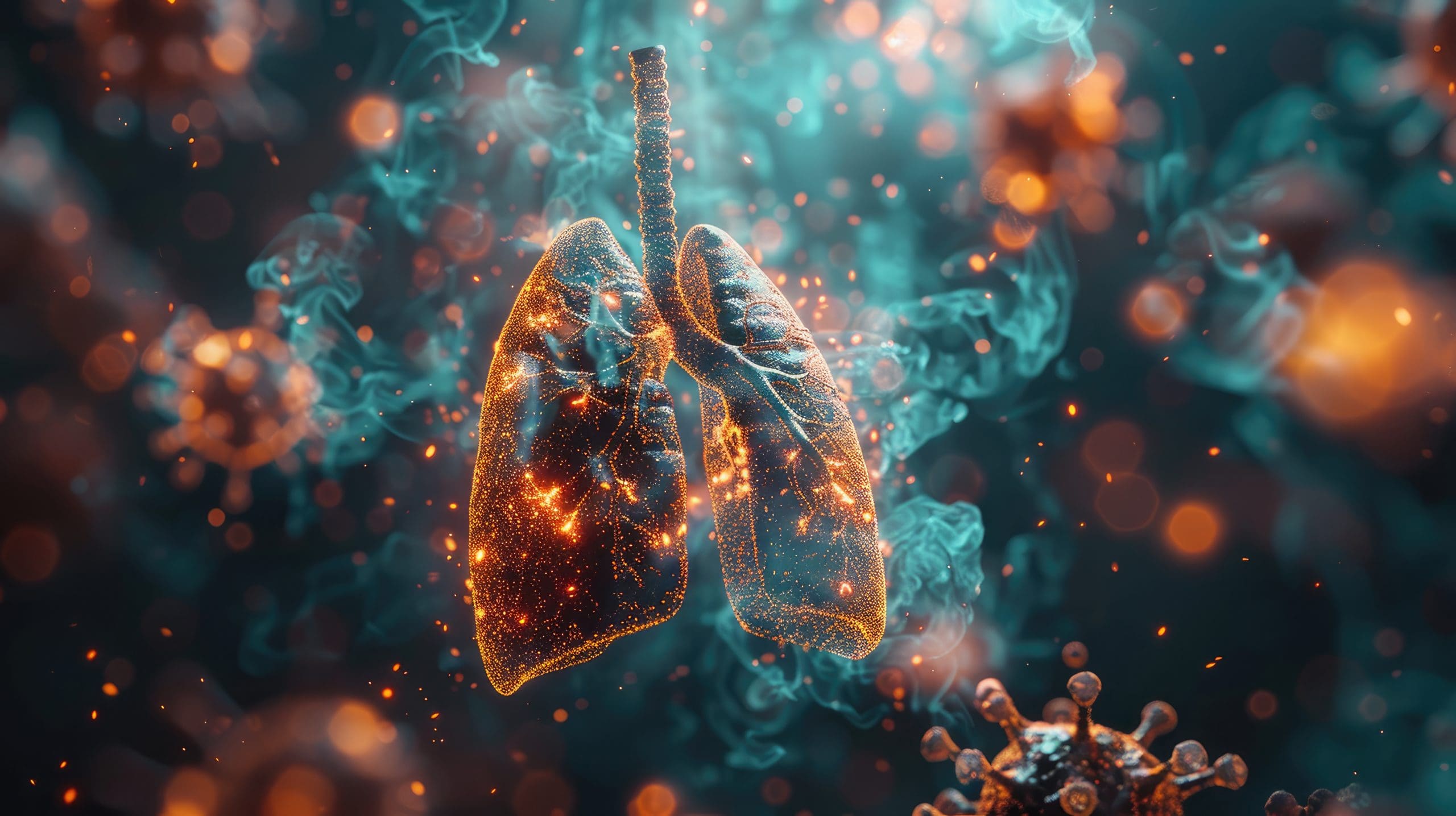
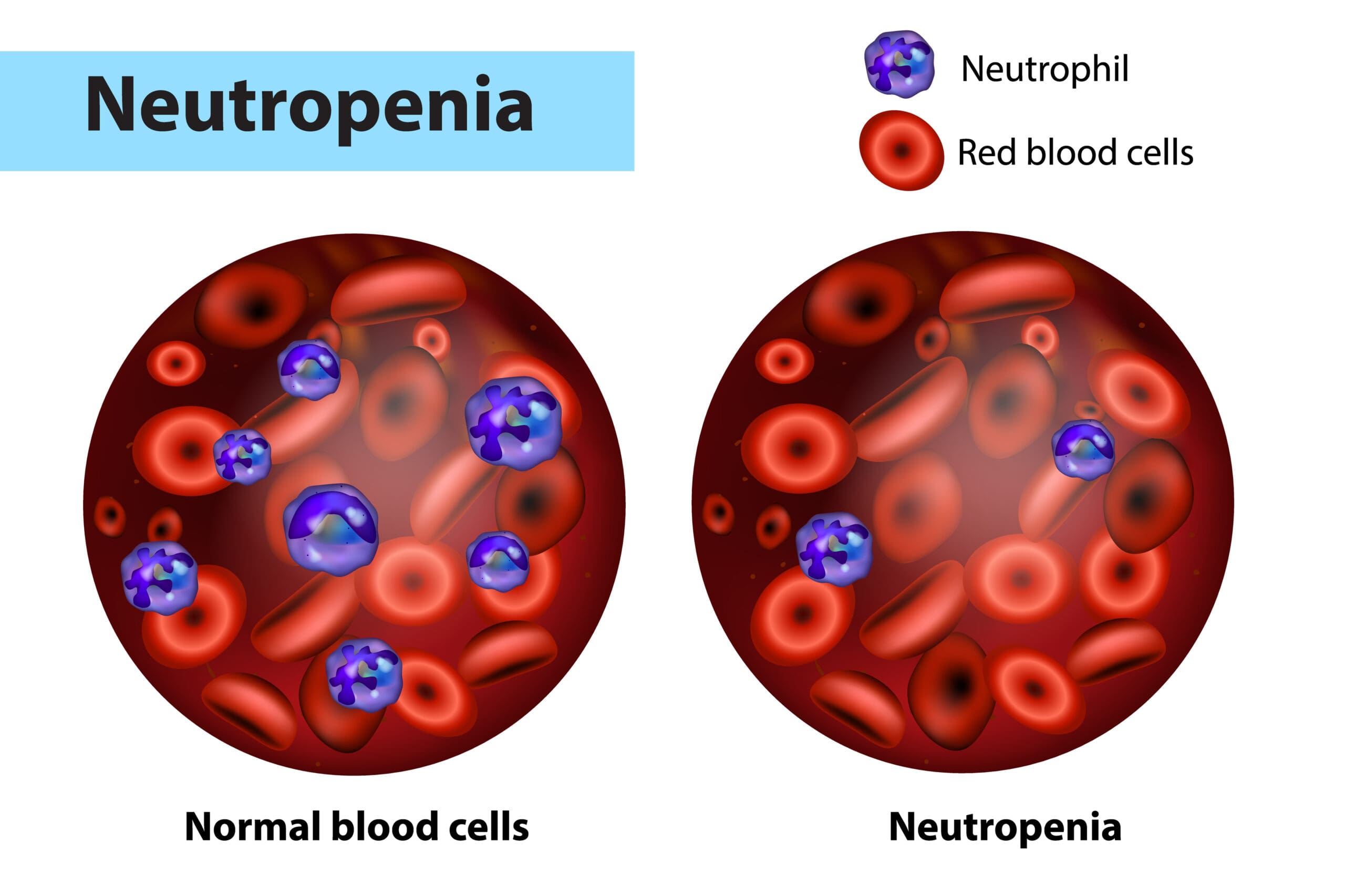
Leave A Comment